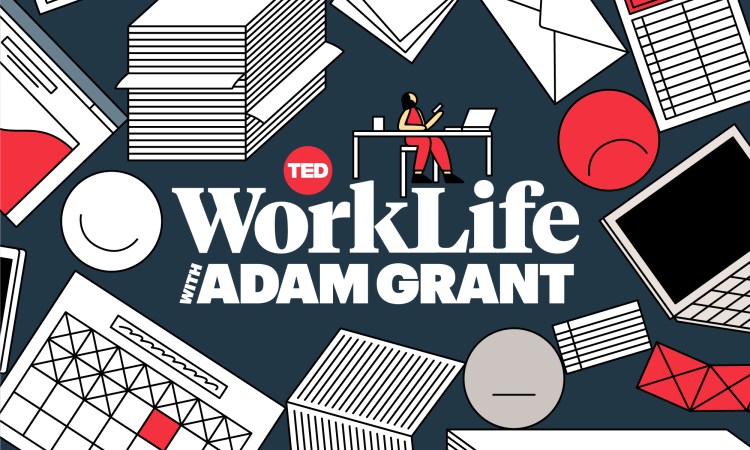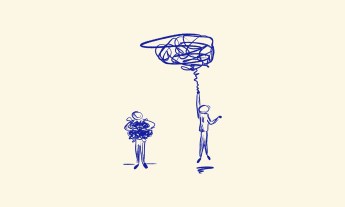
Most of us know the story all too well — you have a big project that you’ve been dreading and a looming deadline. But instead of working on it and checking it off your to-do list, you put it off by watching hours of YouTube videos or color-coding your bookshelves.
If that’s you, first, know you’re in good company. In fact, revered author Margaret Atwood — the creative mind behind Handmaid’s Tale and Testaments — is a procrastinator.
“I see myself as lazy,” Atwood admits to organizational psychologist Adam Grant during this week’s episode of the WorkLife podcast.
While procrastinators are many things, lazy isn’t one of them. To find out why we can’t seem to break the habit, Adam speaks to Fuschia Sirois, a UK psychologist who studies procrastination. Here’s an excerpt:
Adam Grant: “[Fuchsia Sirois] knows from experience — and from evidence — that what causes procrastination is not the desire to avoid work. It’s the desire to avoid feelings. More specifically, negative emotions.”
Fuschia Sirois: “We say at the core, procrastination is about mood regulation. So a task may elicit lack of confidence, feelings of incompetency, insecurity. Fear of failure. Anxiety. You put that task aside and you’ve just regulated your mood. Now you feel better. It’s like, ah, great. I don’t have to think about it anymore.”
Adam: “Want some proof that you’re not simply avoiding work? Take a look at what you do while you’re procrastinating. Some of those tasks actually take a lot of energy and effort.”
Fuschia: “You’ll see some classic chronic procrastinators. They will have the neatest houses, everything will be organized, all the dishes will be done, everything will be clean. But the big looming tasks that they’re supposed to be doing isn’t being done.”
Cutting down on procrastination could help lower your stress levels and improve your sleep quality. And, according to Adam, no matter your flavor of procrastination, there are a number of simple ways to curb it.
Adam: “ … For one, you can start by trying to be a little kinder to yourself about your past procrastination. Yep, this actually makes a difference.”
To learn how Margaret Atwood tackled her own procrastination and get proven tips to boost your own productivity, listen to the entire episode on Spotify or wherever you get your podcasts.
Watch Adam Grant’s TED Talk on givers, takers and matchers now:

















